5 steps to drive neuro-inclusion and get ahead of national SEND reforms

In this article, Louise discusses Neurodiversity Celebration Week and what are the 5 steps to drive neuro-inclusion and get ahead of national SEND reforms.
“Children only get one childhood. They deserve to get the support they need to thrive and prepare for happy, healthy and productive adulthoods.”
These are the first, powerful lines in the Government’s Special Educational Needs and Disabilities (SEND) and Alternative Provision (AP) Improvement Plan published this month. One of an increasing number of reviews, reports and roadmaps about how we drive ambitious and equitable opportunities for those of us with different needs.
All of which makes this Neurodiversity Celebration Week feel a little different from the rest.
The attention on reforming the SEND system is a positive step, particularly the intention “to create a more inclusive society that celebrates and enables success in all form”, but many say the Government has not gone far enough to address immediate local needs ahead of more substantial 2025 goals. The National Standards will also not be introduced until 2025, and the Department for Education (DfE) has confirmed that there will be no new legislation during this parliament.
However, this is no reason to be complacent. We cannot ignore the current pressures on local authorities, services, education providers and families. We all need to be thinking about what we can do and how we can help each other.
In the short term, it is clear that we still have gaps in our collective understanding of neurodiversity and what best practice looks like for personalised support within a standardised system.
So what can providers do to meet the existing standards in preparation for the large-scale reforms and National Standards ahead?
Breaking the vicious cycle of late intervention, low confidence and inefficient resource allocation
“Standards will only be translated into reality through efficient funding, effective accountability and an appropriately resourced and skilled workforce.” (SEND and AP Improvement Plan, 2023)
Reading through the Government Improvement Plan, there are core areas where providers can take immediate action.
It’s important to note here that a majority of the SEND review focuses on supporting children and young people because this is often where issues around support can begin and become entrenched. However, this does not lessen our responsibility to support neurodiverse adults, who may have been previously let down or overlooked.
#1 Train your staff to improve confidence
“The level of confidence amongst teachers in supporting children with SEND is low.” (SEND Review, 2022)
Neurodiversity Celebration Week is the perfect time to prioritise training and personal development opportunities. During the week, there are multiple free events to attend.
Beyond the one-week celebrations, many organisations, Cognassist included, offer ongoing resources and training to support neuro-inclusion best practice.
Providers should absolutely lean on existing expertise in the sector, whether that’s learning provider networks, national charities, associations like the Association of Colleges (AoC), Association of Employment and Learning Providers (AELP) and their Learning Support SIG, national SEND conferences happening throughout the year and external partners who work alongside and empower the sector.
We’re all pulling in the same direction and many of us are willing to share best practice to help achieve better outcomes.
#2 Drive robust Initial Assessment of learning needs to prevent late intervention
“Despite the best endeavours of the workforce, settings are frequently ill-equipped to identify and effectively support children and young people’s needs.” (SEND Review, 2022)
Initial assessment is critical for positive uptake of learner support, and it is a focus for Ofsted.
Are you determining the right starting points for your learners including a needs assessment for reasonable adjustments?
The more you get to know your learners at the start of their course, the more you can ensure that they are getting the best experience with you.
Identifying each learner’s needs is the first step of providing a quality provision and effectively allocating learning support resources.
To help you do this, you can access a free Quality Assurance Framework.
It will take you step by step through the 5 pillars of the learner journey to facilitate self-assessment and audit on your learning support processes.
#3 Look at personalised strategies and support to allocate effective resources
“Teacher strategies, additional teaching, and positive interactions with teachers are important factors for improving the outcomes of children and young people with SEND.” (SEND Review, 2022)
Creating a learning plan helps learners to develop over time at their own pace. Building flexibility within this plan is vital for ensuring each learner can achieve the best outcomes.
Tutors working in tandem with strategies tailored to individual’s learning needs can have a significant impact on the overall learner journey.
Unsurprisingly, our research has found that apprentices with learning needs are more confident and motivated to learn after tailored support.
“Teachers need supportive policies and frameworks to provide quality learning experiences to all students and build on their diverse strengths.” (OECD, 2017)
Teachers can’t do this alone, and frameworks like Cognassist’s Flexible Learning Plans are there to support staff and help build quality and personalisation into processes and delivery.
#4 Understand funding eligibility under ESFA rules and guidance
“We have published new guidance to make the claims process for learning support funding clearer. Providers can help eligible apprentices to access and complete their learning by claiming additional funding where a reasonable adjustment is provided and evidenced.” (SEND and AP Improvement Plan, 2023)
The funding rules from the ESFA outline a two-step process for initial assessment to identify and determine the impact of learning needs on an apprentice’s ability to complete their course.
This evidence sits alongside details of the reasonable adjustments required to enable a learner’s success and documentation to outline how progress would be impacted without these adjustments in place.
The ESFA does not specify which assessment tools must be used, and this is for providers to determine.
The sector response outlined some of the key changes and acknowledged that providers had not yet fully adapted to them.
However, the hope was that these new guidelines would give providers the confidence to claim and evidence decisions around Learning Support Funding, which as Stewart Segal, Chair of the Learning Support Working Group and Chair at Youth Employment UK, said, “This will ensure that all learners that need additional support receive the adjustments and personalised learning that they need and deserve within our sector.”
#5 Sign up to the Department for Education’s Maths and English flexibilities pilot
“Staff in FE settings play a crucial role in making sure that young people are prepared for adulthood and supported to transition to their next stage” (SEND and AP Improvement Plan, 2023)
Your voice and expertise are critical to improving neuro-inclusion. Within the Government’s SEND Provision Roadmap, multiple pilots are being launched to gather expression of interest and sector feedback. One of this years’ actions is open to organisations already registered on the Register of apprenticeship training providers (RoATP).
This pilot will:
“Test the use of wider forms of evidence when determining the eligibility of apprentices with special educational needs, learning difficulties or disabilities (SEN/LDD) to access flexibilities to standard English and maths requirements.
“Through this pilot the Department for Education (DfE) will work with providers to explore whether there are acceptable alternative forms of evidence to determine eligibility for the existing adjustments to standard English and maths requirements for apprentices with SEN/LDD. The pilot will also be an opportunity to gather information on aspects of English and maths delivery used by providers to support apprentices to succeed.”
Currently, functional skills in maths and English create barriers to completion for many learners, and there is little flexibility in the current criteria. The more barriers like this that we can remove, the more meaningful opportunities we can provide for learners with diverse needs.
The DfE wants apprenticeships to be accessible to all and you can sign up to the pilot through the Jaggaer eTendering Portal.
We know that small steps can make a big difference.
Whatever steps you take this Neurodiversity Celebration Week and whatever stage of the neuro-inclusion journey you are at, now is the time to become a change maker. Now is the time to build robust neuro-inclusion and break the vicious cycle. Now is the time to ensure no learner is left behind.

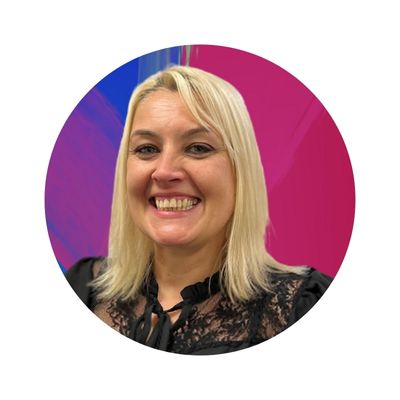

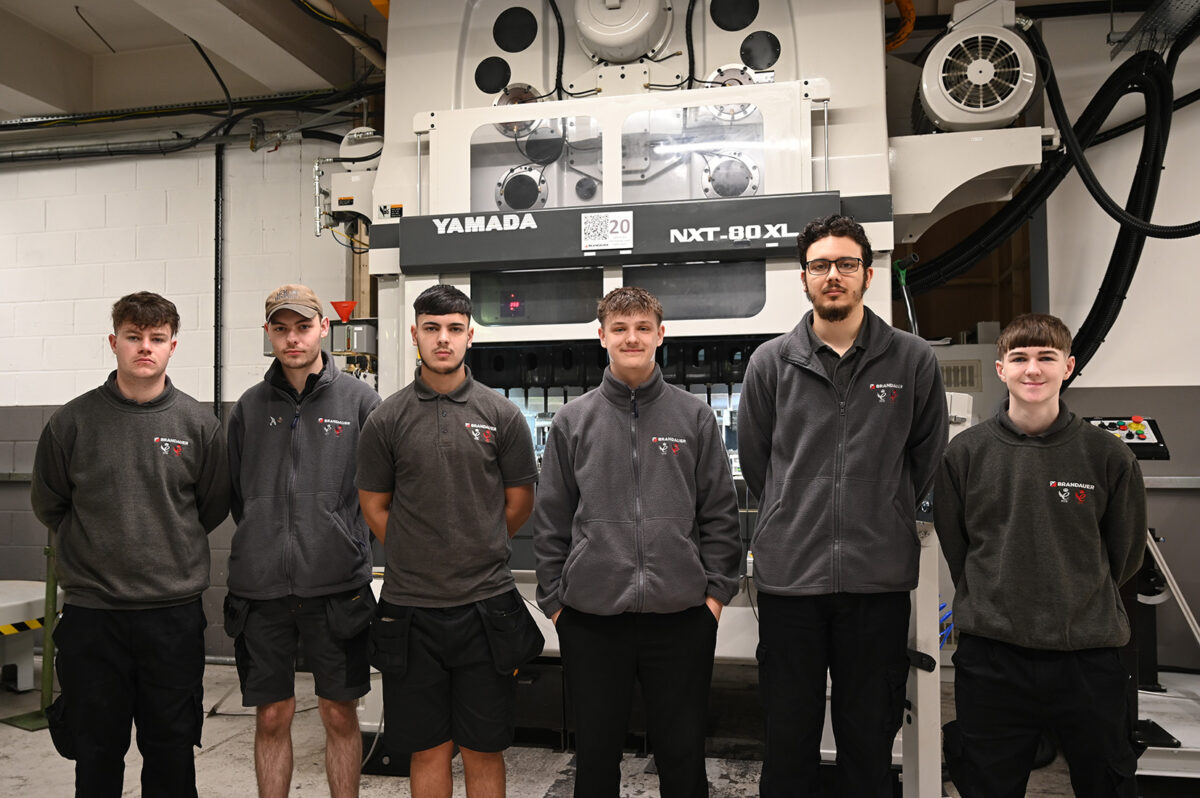
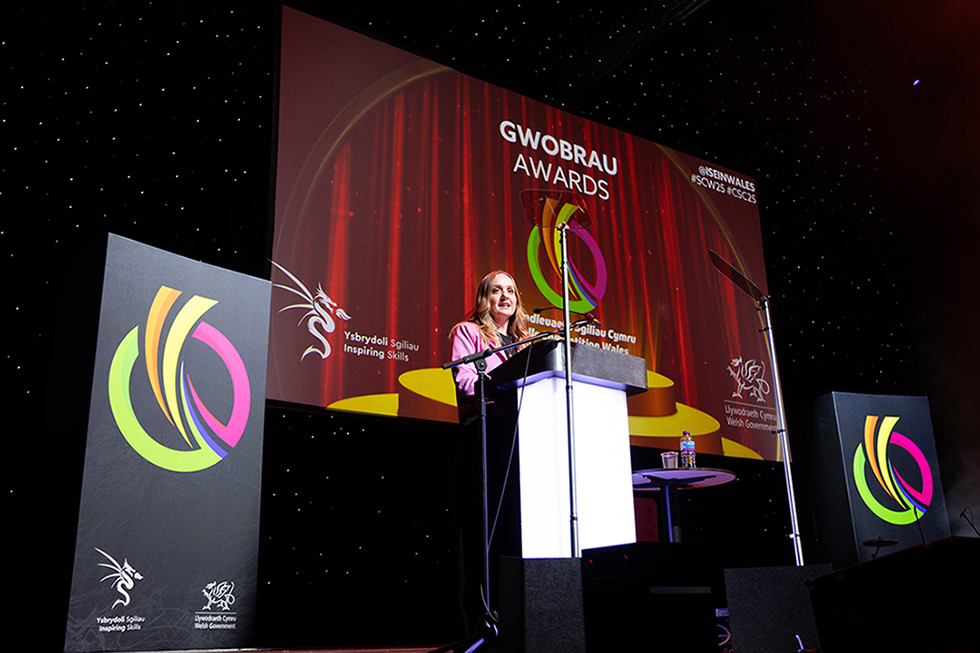





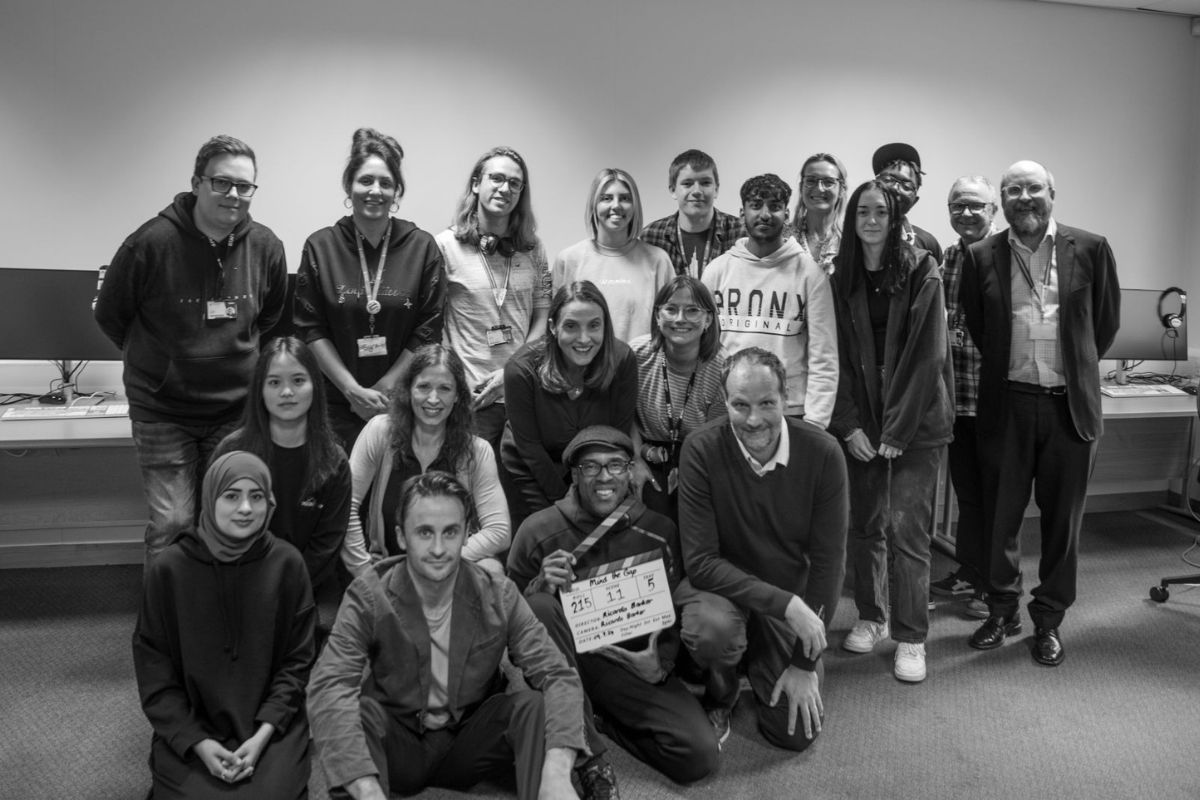
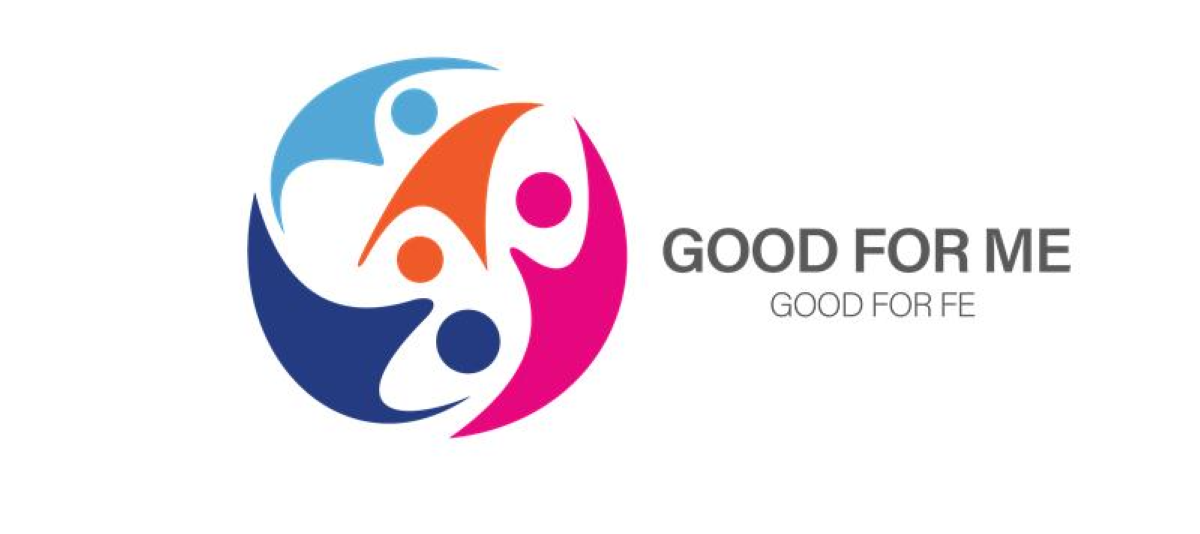
Responses